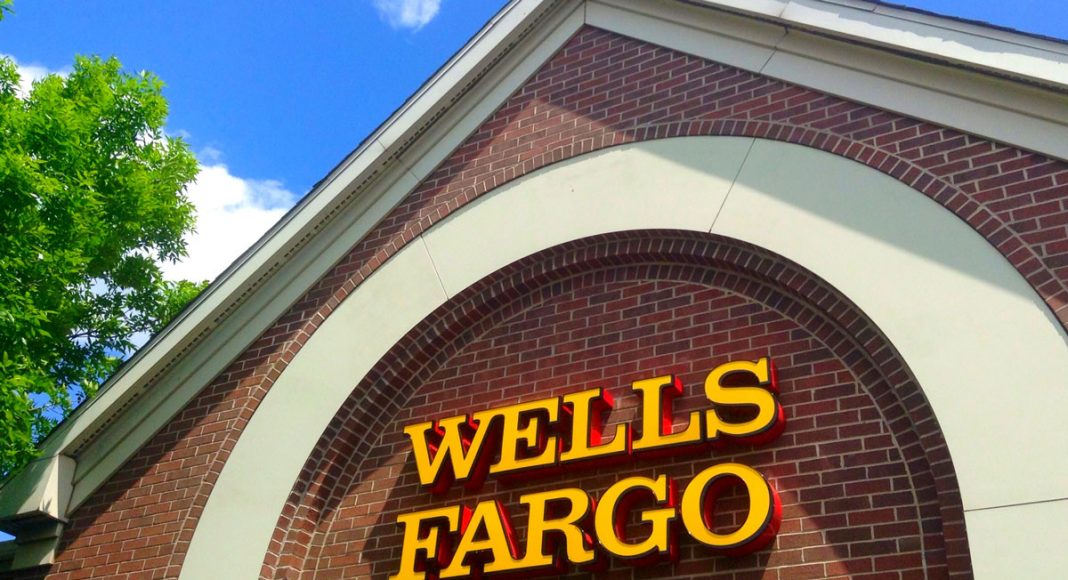Wells Fargo terminated its banking relationship with a political candidate in Florida, citing a “political platform” that included advocacy for “patient access to medical marijuana.”
Democratic Agriculture Commissioner candidate Nikki Fried spoke to the media at Florida Capitol on Monday morning to address the bank’s decision, which her campaign office views as an action against a candidate’s “fundamental right to free speech.”
This is an inaccurate interpretation of the bank’s ruling. Fried is free to say whatever she wants; however, she is no longer free to bank at Wells Fargo. This means her first amendment rights remain unaffected, especially considering she was free to denounce the bank’s decision in a press release.
Fried wanted to “call attention to the out of touch institutions, laws and politicians that allowed this transgression to occur in the first place,” according to a press release sent by Fried’s camp.
-
Related Story: Can Jay-Dar Work On Photos? Science Says Yes
According to the release, Democrat Nikki Fried filed to run for Florida Commissioner of Agriculture and Consumer Services on June 6, 2018 and opened her account with Wells Fargo a week later.
On July 11, a bank representative reached out to the campaign via email saying they had “uncovered some information regarding the customer’s political platform and that they are advocating for expanded patient access to medical marijuana.” The email from Wells Fargo went on to ask if the campaign would receive “funds received from lobbyists from the medical marijuana industry in any capacity?”
Fried was herself a lobbyist for the medical marijuana industry prior to becoming a candidate for office. In a July 17 response, the campaign answered the questions from Wells Fargo, additionally telling the bank of Fried’s own professional representation of the medical marijuana industry.
On August 3, a Wells Fargo representative called the campaign’s compliance manager to let her know the bank was terminating its relationship with Fried because of her relationship with the medical marijuana industry. On August 14, the campaign received a letter from Wells Fargo, dated August 3, formally terminating its banking relationship with Fried, citing its need to “oversee and manage banking risks.”
Money laundering, or accepting deposits from not-legally-earned funds, is a common concern for risk assessment analysts in all major financial institutions.
-
Related Story: You Want to Work In Weed? Here’s Some Advice
There is a hidden caution in the fine print of most financial institutions, such as JP Morgan Chase, advising people who are opening new accounts that the bank can “terminate their relationship with a client for any reason.”
Usually, if and when an account closure occurs, the bank does not bother to provide a reason. They simply close the account and send a check with the funds to the former account holder within thirty days.
Wells Fargo purged scores of fake bank accounts last year.
Former Wells Fargo subsidiary Wachovia was exposed for laundering money for Mexican Drug Cartels, according to The Guardian.
This blight on the bank’s reputation could partially explain why their risk analysis experts are showing hypervigilance against opening accounts which potentially harbor drug funds, or in Fried’s case, campaign funds potentially donated by cannabis businesses.
Most major financial institutions are apprehensive about entering the marijuana marketplace while the issue of legalization remains in constant flux. As a result, many legal medical marijuana dispensaries are cash only operations.
JP Morgan Chase quietly closed many of its accounts held by foreign diplomats to the United Nations, and has a revised policy which strictly prohibits cash deposits.
Considering the Wells Fargo account belonged to a candidate for a Floridian public office, and not for a medical marijuana business, whether or not this was an unnecessary precaution on the part of Wells Fargo is debatable.


